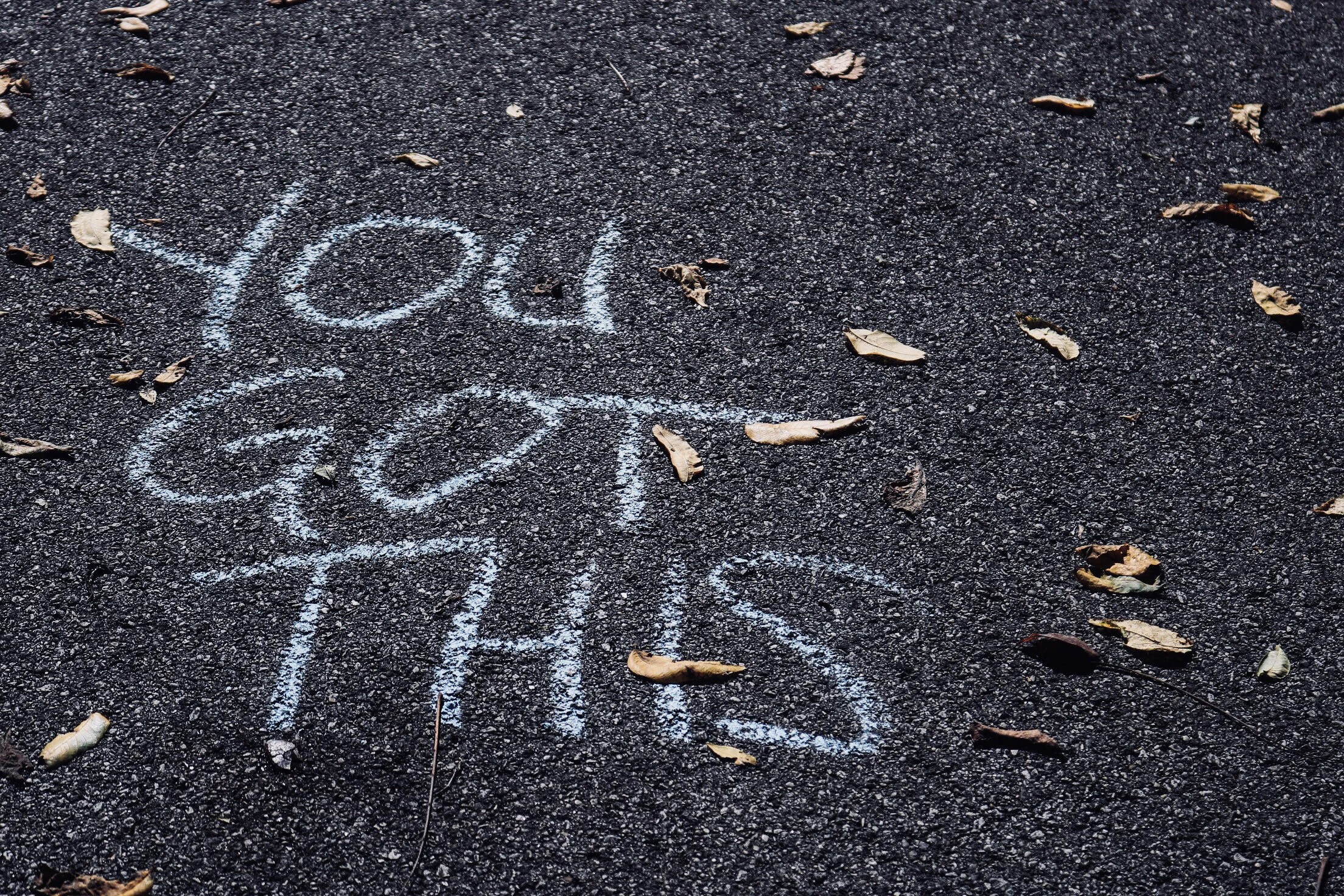Are You an Imposter?
When I was 24, I became a runner.
I was getting back in shape after a car accident and was appalled at how bad I was at running. I could hardly run a lap around an indoor track without needing a break.
So, I joined a running group and began to train. I had no goal in mind, except to improve. But a few months later, I entered my first race. A 5K fun run. I somehow won my age category.
I kept training over the next few years, running 10Ks, half marathons and even a full marathon. Yet, at no point did I ever feel that I was “a runner”. That title seemed reserved for people who had run track or been avid runners their whole life. I always felt that I was a beginner, a novice, with much more to learn.
The same could be said about music. While I have a music degree and am certified to teach high school music, I never felt I was “a musician”. Musicians, in my mind, had regular gigs on the weekend. I didn’t. I felt I had to grow and perform much more regularly to acquire the title of “musician.”.
In academia too, I never thought I was “an academic”, despite receiving three graduate degrees at world-class universities, having over a dozen articles published, and being hired as a researcher. Academia always felt elusive, reserved for people who published far more than me.
Now that I’m a small business owner, I again struggle with the label. I don’t have a business degree. But I have attended dozens of business workshops, taught an entrepreneurship program, and have read 200+ business books. I’ve had two businesses. However, I still feel uncomfortable calling myself “an entrepreneur.”
It is classic impostor syndrome, of course. It’s easy to see. I often doubt my skills, talents, and accomplishments. Always striving, never feeling like I’ve arrived, especially when I’m in a new field.
It is a common feeling, disproportionately felt among high-achievers, perfectionists, and women.
I’m not alone.
This was reinforced over the past few days. I serendipitously listened to a podcast featuring Reece Witherspoon and watched a Masterclass showcasing Melinda French Gates. Both highly successful women shared that they too have struggled with imposter syndrome.
Then I read that female leaders including Sheryl Sandberg, First Lady Michelle Obama, and Supreme Court Justice Sonia Sotomayor have all confessed to experiencing imposter syndrome too.
I was astonished. They were strong, confident women, with a lot of professional experience.
Then I remembered, so am I.
It’s often easy to forget. Especially when you’re a perfectionist, constantly comparing yourself to the superstars in a field.
While imposter syndrome has been a challenge in my life, I have discovered ways to help reduce the feeling:
Talking with mentors. Mentors are great for giving perspective, outlining next steps, and for encouragement. They have strengthened my knowledge and confidence over the years.
Working with experts. The more I work with people who are at the top of their game, the more I realize that they are just people. It gives me perspective and a feeling that I too can meaningfully contribute.
Getting feedback. I often reach out to clients or colleagues and ask for their feedback. It helps to know when I’m on the right track and how I am making a difference.
Reframing the way I think about achievements and success. Rather than trying to mirror the highest of achievers, I have begun to reframe what “success” looks like. I’ve set more realistic goals and expectations.
Surrounding myself with people who believe in me and encourage me when I doubt myself. This has been most beneficial. We all need people who build us up, not bring us down.
If you’re a person who struggles with imposter syndrome too, take heart. These tips do help. So does focussing on the facts, which is my challenge for you this week (or the next few weeks).
I invite you to track the number of people you’ve helped or the projects you’ve completed over the past six months or year. Talk to your clients or co-workers and receive their feedback. Write down one (or more) positive comment someone said to you about your work that week. Or save thank you notes people send you. Create a folder. And on the days when you’re not sure if you’re making a difference, read the evidence. It will reduce or eliminate your worries.
The truth is, those of us who struggle with imposter syndrome, are just really good at telling ourselves unhelpful stories. They are usually not based on facts or evidence. They’re simply stories.
Remind yourself of this when doubts arise. Then, root yourself in the evidence. As powerful as your story may be, it’s even harder to ignore the facts.
Finally, moments of doubt will happen, but it doesn’t mean you lack ability or confidence. It usually means you’re stretching yourself and learning something new.
And that is something to celebrate.
Best wishes, Lauren



